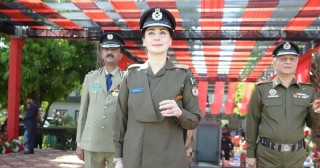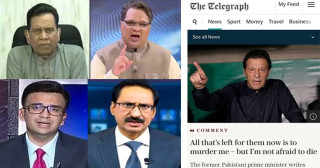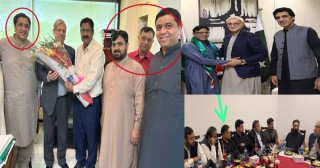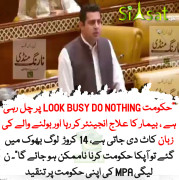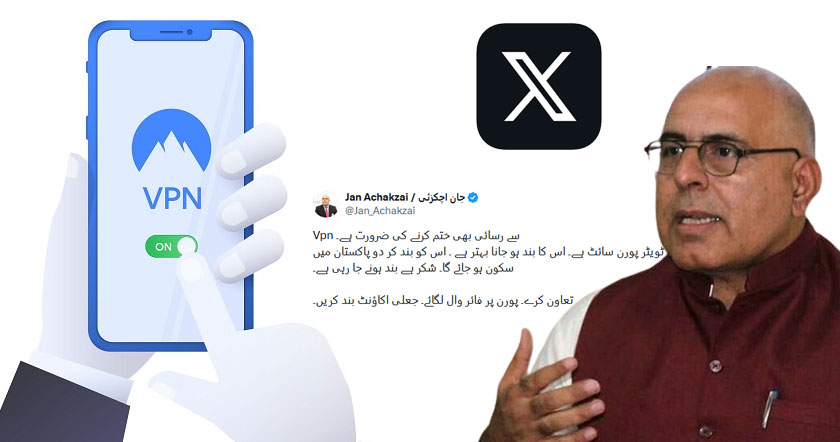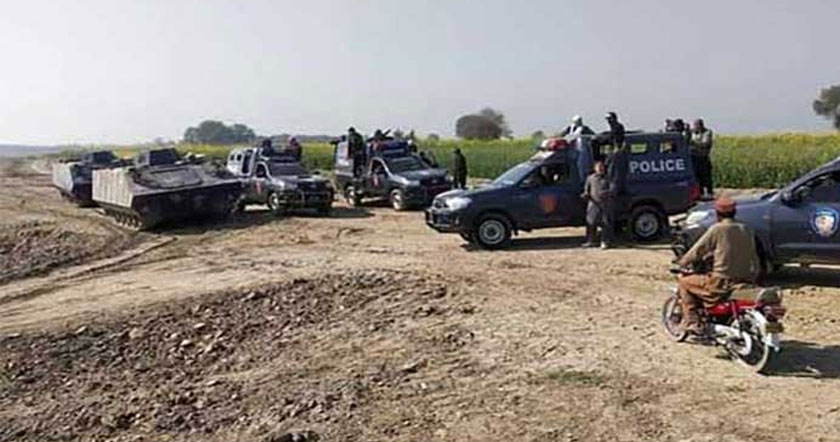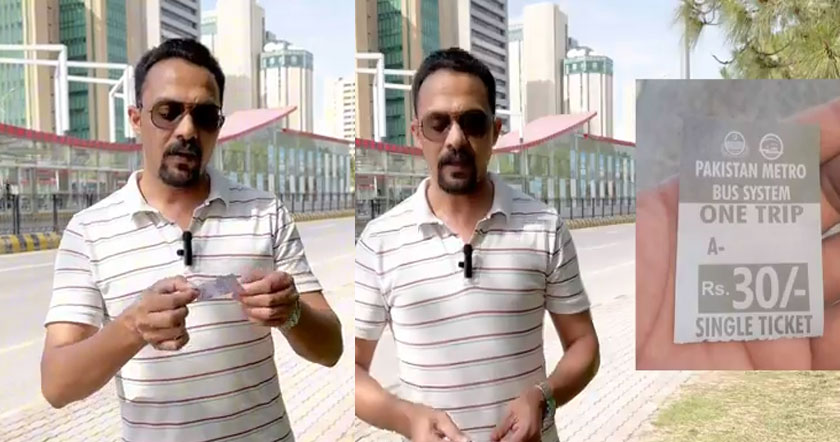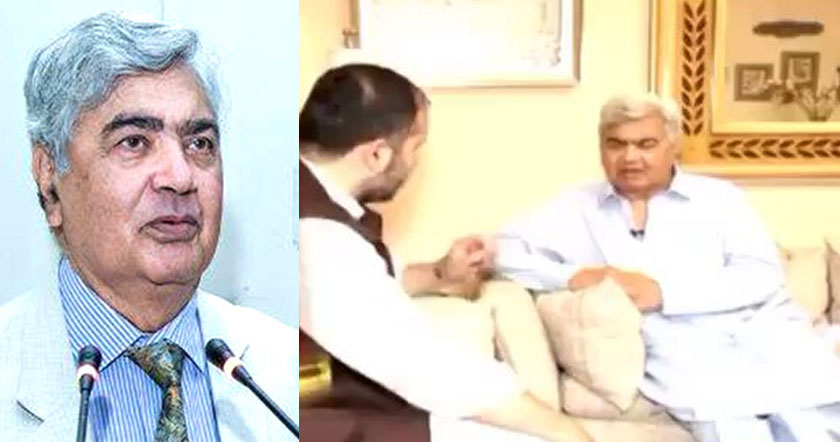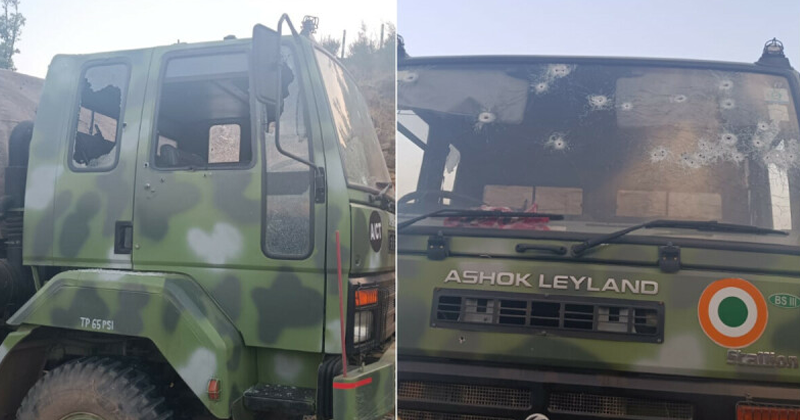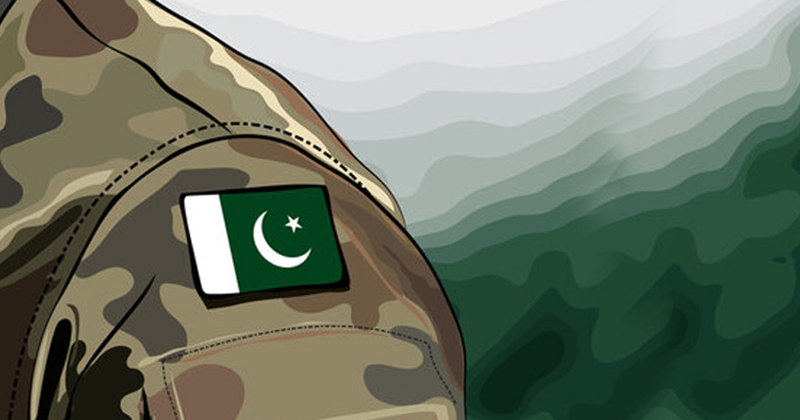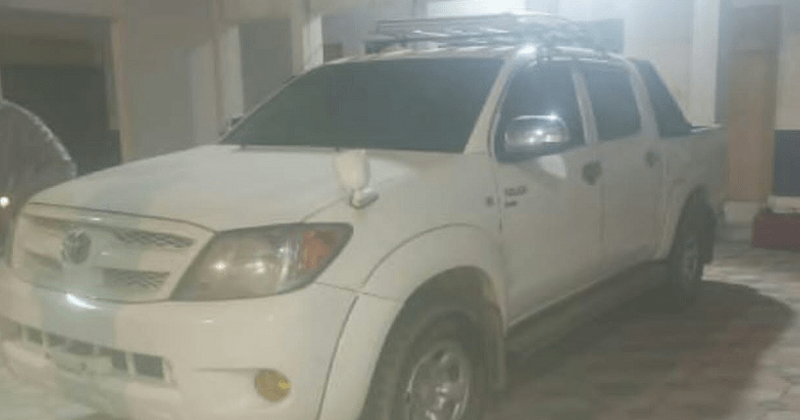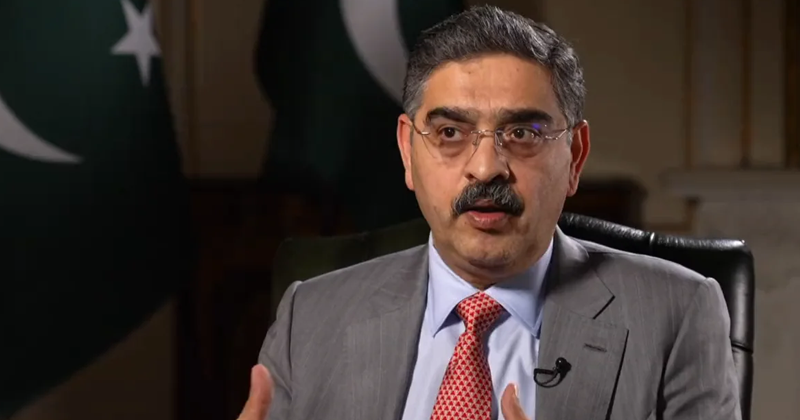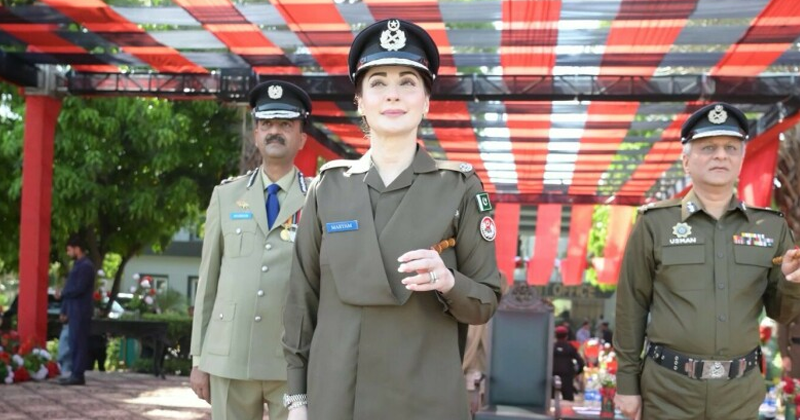An interesting blog/article worth reading......
http://www.travbuddy.com/blog/archi...s-tourist-hustles,-and-how-to-avoid-them.html
[h=2]Scam City: Delhi’s tourist hustles, and how to avoid them.[/h]
India is a backpacker’s haven; an affordable, vast and varied country, with thousands of infamous and personal treasures to be uncovered. It’s an often-overwhelming experience, one that’s easy to love, but equally easy to hate. The capital, Delhi, is a bustling city of 13 million, and many travellers’ first experience of India. Delhi’s touts are notorious amongst the travelling community, known for preying on newcomers’ lack of local knowledge and monetary naivety. From mysterious extra charges on your bill to travel scams that can ruin your entire trip, there are plenty of cons to be aware of. Here are the most common, and how to get round them:
The ‘Government Tourist Office’ Scam. The tourist offices are perhaps Delhi’s most widely known scam, and potentially also the most costly. On arriving, ‘helpful’ strangers will point you in the direction of the ‘Government Tourist Office’, promising anything from getting a free map to helping to arrange transport out of Delhi. In and around the backpacker districts, however, nearly every travel agent has an ‘official government office’ sign on its door, and the likelihood that you’re being taken to a genuine one is extremely small. Once you arrive, the ‘guides’ will spin any number of far fetched tales. Previous attempts have included anything from ‘the trains aren’t running throughout Rajasthan’ to ‘every seat on the buses is sold out for weeks’. This simply isn’t true, it’s a way to persuade you to travel by expensive independent methods, and make the office a tasty commission.
The Hotel Commission Scam. Arriving at any hotel in the company of a rickshaw driver (or anyone else for that matter) is going to earn them a hefty commission and give you a substantial extra chunk per night on the final bill. Main Bazaar – Delhi’s most popular backpacker hang out – is a nightmare for Rickshaw drivers in this respect, as there is such a huge variety of hotels to choose from. To get round this, many have established connections in other areas of the city, which they’ll tell unsuspecting newcomers are the more popular areas. Karol Bagh district doubles as Main Bazaar, upmarket Connaucht Place is replaced with a similar looking district a couple of miles away. Staying in these areas can be highly inconvenient when it comes to sightseeing and onwards travel.
 Main Bazaar can be identified by its high concentration of tourists (there are almost none in Karol Bagh) it’s a long, grimy street full of hotels and restaurants. The centre of Connaucht Place doesn’t have a building in it, just a large open area containing an underground subway station. Be aware that less reputable hotels are almost as likely to lie about their location as the drivers. Avoid calling the hotel on a taxi drivers phone to check your reservation (it will invariably be their friend telling you the hotel’s fully booked). Another commission-avoiding trick is to head for a restaurant for an hour before checking in.
Main Bazaar can be identified by its high concentration of tourists (there are almost none in Karol Bagh) it’s a long, grimy street full of hotels and restaurants. The centre of Connaucht Place doesn’t have a building in it, just a large open area containing an underground subway station. Be aware that less reputable hotels are almost as likely to lie about their location as the drivers. Avoid calling the hotel on a taxi drivers phone to check your reservation (it will invariably be their friend telling you the hotel’s fully booked). Another commission-avoiding trick is to head for a restaurant for an hour before checking in.
The Fake Train Station Scam. Delhi’s train station scam is so impressively elaborate it almost deserves to be applauded for its ingenuity. When approaching New Delhi train station from one direction (it doesn’t work from Main Bazaar direction, as you’ll see the real station on approach), you’ll be joined by a ‘railway employee’ (who may produce a crumpled, unclear ID). He’s convincing, and knows the train timetables inside out. He’ll ask you where you’re going, take you to an official looking office to help you book your ticket.
The ticket will usually be valid, but you’ll be paying a vastly inflated price, as his ‘train station’ (which even has access to the real train station’s platforms out the back) is a convincing but fake version, just a hundred odd metres away from the real New Delhi Station. The real station is directly opposite the Connaucht Place end of Main Bazaar, and it’s a bad idea to buy tickets from anywhere except the second floor ‘foreigners’ office (or perhaps a hotel charging a small commission, though it should be agreed in advance).
The Rickshaw Driver Price Scam. When rickshaw drivers see tourists, they see dollar signs. Prices vary wildly, and the best negotiating tactic is often to play two or three drivers off against each other. If you have a good idea of the distance, agreeing a price in advance can work well, though if you don’t you’ll invariably end up paying far more. Locals don’t discuss the price in advance, and outside the tourist centres this can work well for you too. Rickshaw drivers are liable to take you anywhere they earn a commission (I once spent a day in the city travelling by Rickshaw without ever being taken to the correct destination at the first time of asking). Refuse to pay until a passing local confirms you’re in the correct place. Never agree to a rickshaw driver waiting while you sightsee, as they will keep the meter running (for hours if they can) and it’s usually takes seconds to find another.
 The Fake Taxi Scam. Plenty of conmen operate at the airport; fake taxis are perhaps the most common. To avoid being ripped off, you should always prepay at the taxi booth inside the airport (250 Rupees to Main Bazaar), and only get inside one of the official yellow and black taxis waiting outside. The prepaid voucher entitles you to a taxi, which is much more comfortable than a Rickshaw for what (in rush hour) can be a long ride. Fortunately the fake taxis are easy to spot, as they are usually standard unmarked cars. Fake taxis often head to a different district to the one you’re after, looking to pick up a big commission (see ‘Hotel Commission Scams’).
The Fake Taxi Scam. Plenty of conmen operate at the airport; fake taxis are perhaps the most common. To avoid being ripped off, you should always prepay at the taxi booth inside the airport (250 Rupees to Main Bazaar), and only get inside one of the official yellow and black taxis waiting outside. The prepaid voucher entitles you to a taxi, which is much more comfortable than a Rickshaw for what (in rush hour) can be a long ride. Fortunately the fake taxis are easy to spot, as they are usually standard unmarked cars. Fake taxis often head to a different district to the one you’re after, looking to pick up a big commission (see ‘Hotel Commission Scams’).
The Airport Transfer Scam. Plenty of hotels offer cheap (or free) airport transfers. If you’re paying for your transfer (which can be the best option, to avoid committing to a hotel without seeing it), the money should be paid to the hotel, not the driver. The driver will probably ask for money, and should be tipped at your discretion. If you pay the driver the full amount, however, you will probably find the taxi charge appears on your bill as well, and you end up paying twice.
The Nepal scam. Cheap ‘all inclusive’ tickets from Delhi to Nepal often neglect to mention an overnight stopover, which is not included. This is usually in a small town near the border, and can leave only one (very overpriced) hotel to choose from. Recommendations from other travellers are the best way to avoid this, though a sheepish look from the booking agent when you ask about overnight stops can also give the game away.
Though it has some great sites, and in many ways is an exciting and typical example of a large Indian city, Delhi hasn’t gained a reputation for hassle and cons for nothing. You’ll do well to walk around the tourist streets for more than 30 seconds without somebody trying something. The touts are ubiquitous, but with a little advance knowledge and by staying aware you can beat them at their own game, and even have a bit of fun doing it.
http://www.travbuddy.com/blog/archi...s-tourist-hustles,-and-how-to-avoid-them.html
[h=2]Scam City: Delhi’s tourist hustles, and how to avoid them.[/h]
India is a backpacker’s haven; an affordable, vast and varied country, with thousands of infamous and personal treasures to be uncovered. It’s an often-overwhelming experience, one that’s easy to love, but equally easy to hate. The capital, Delhi, is a bustling city of 13 million, and many travellers’ first experience of India. Delhi’s touts are notorious amongst the travelling community, known for preying on newcomers’ lack of local knowledge and monetary naivety. From mysterious extra charges on your bill to travel scams that can ruin your entire trip, there are plenty of cons to be aware of. Here are the most common, and how to get round them:
The ‘Government Tourist Office’ Scam. The tourist offices are perhaps Delhi’s most widely known scam, and potentially also the most costly. On arriving, ‘helpful’ strangers will point you in the direction of the ‘Government Tourist Office’, promising anything from getting a free map to helping to arrange transport out of Delhi. In and around the backpacker districts, however, nearly every travel agent has an ‘official government office’ sign on its door, and the likelihood that you’re being taken to a genuine one is extremely small. Once you arrive, the ‘guides’ will spin any number of far fetched tales. Previous attempts have included anything from ‘the trains aren’t running throughout Rajasthan’ to ‘every seat on the buses is sold out for weeks’. This simply isn’t true, it’s a way to persuade you to travel by expensive independent methods, and make the office a tasty commission.
The Hotel Commission Scam. Arriving at any hotel in the company of a rickshaw driver (or anyone else for that matter) is going to earn them a hefty commission and give you a substantial extra chunk per night on the final bill. Main Bazaar – Delhi’s most popular backpacker hang out – is a nightmare for Rickshaw drivers in this respect, as there is such a huge variety of hotels to choose from. To get round this, many have established connections in other areas of the city, which they’ll tell unsuspecting newcomers are the more popular areas. Karol Bagh district doubles as Main Bazaar, upmarket Connaucht Place is replaced with a similar looking district a couple of miles away. Staying in these areas can be highly inconvenient when it comes to sightseeing and onwards travel.

The Fake Train Station Scam. Delhi’s train station scam is so impressively elaborate it almost deserves to be applauded for its ingenuity. When approaching New Delhi train station from one direction (it doesn’t work from Main Bazaar direction, as you’ll see the real station on approach), you’ll be joined by a ‘railway employee’ (who may produce a crumpled, unclear ID). He’s convincing, and knows the train timetables inside out. He’ll ask you where you’re going, take you to an official looking office to help you book your ticket.
The ticket will usually be valid, but you’ll be paying a vastly inflated price, as his ‘train station’ (which even has access to the real train station’s platforms out the back) is a convincing but fake version, just a hundred odd metres away from the real New Delhi Station. The real station is directly opposite the Connaucht Place end of Main Bazaar, and it’s a bad idea to buy tickets from anywhere except the second floor ‘foreigners’ office (or perhaps a hotel charging a small commission, though it should be agreed in advance).
The Rickshaw Driver Price Scam. When rickshaw drivers see tourists, they see dollar signs. Prices vary wildly, and the best negotiating tactic is often to play two or three drivers off against each other. If you have a good idea of the distance, agreeing a price in advance can work well, though if you don’t you’ll invariably end up paying far more. Locals don’t discuss the price in advance, and outside the tourist centres this can work well for you too. Rickshaw drivers are liable to take you anywhere they earn a commission (I once spent a day in the city travelling by Rickshaw without ever being taken to the correct destination at the first time of asking). Refuse to pay until a passing local confirms you’re in the correct place. Never agree to a rickshaw driver waiting while you sightsee, as they will keep the meter running (for hours if they can) and it’s usually takes seconds to find another.

The Airport Transfer Scam. Plenty of hotels offer cheap (or free) airport transfers. If you’re paying for your transfer (which can be the best option, to avoid committing to a hotel without seeing it), the money should be paid to the hotel, not the driver. The driver will probably ask for money, and should be tipped at your discretion. If you pay the driver the full amount, however, you will probably find the taxi charge appears on your bill as well, and you end up paying twice.
The Nepal scam. Cheap ‘all inclusive’ tickets from Delhi to Nepal often neglect to mention an overnight stopover, which is not included. This is usually in a small town near the border, and can leave only one (very overpriced) hotel to choose from. Recommendations from other travellers are the best way to avoid this, though a sheepish look from the booking agent when you ask about overnight stops can also give the game away.
Though it has some great sites, and in many ways is an exciting and typical example of a large Indian city, Delhi hasn’t gained a reputation for hassle and cons for nothing. You’ll do well to walk around the tourist streets for more than 30 seconds without somebody trying something. The touts are ubiquitous, but with a little advance knowledge and by staying aware you can beat them at their own game, and even have a bit of fun doing it.






